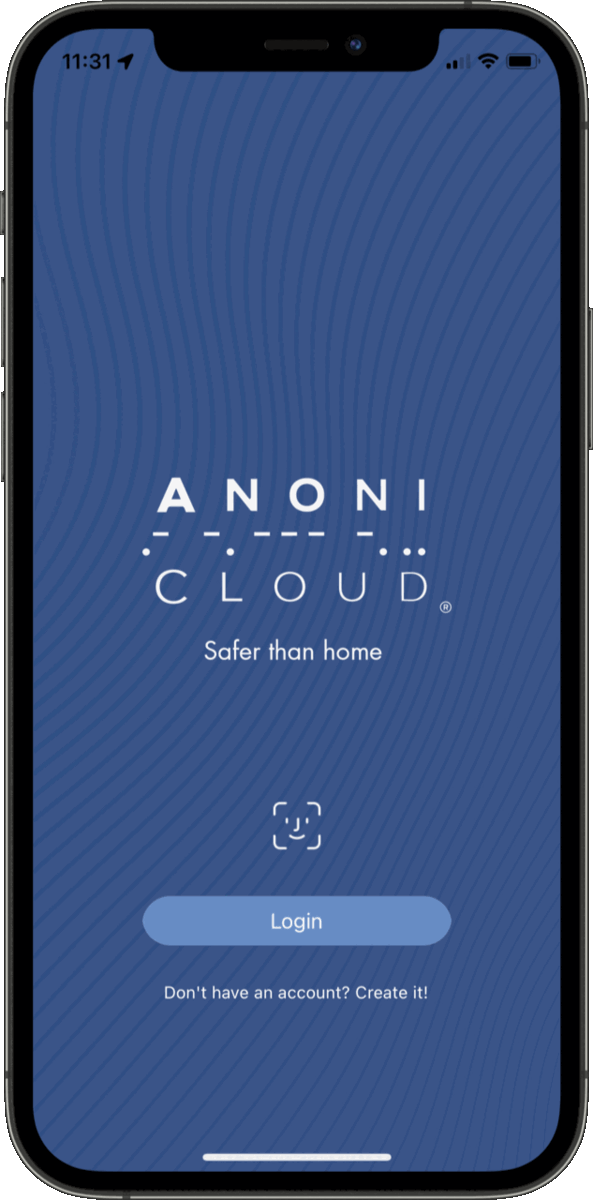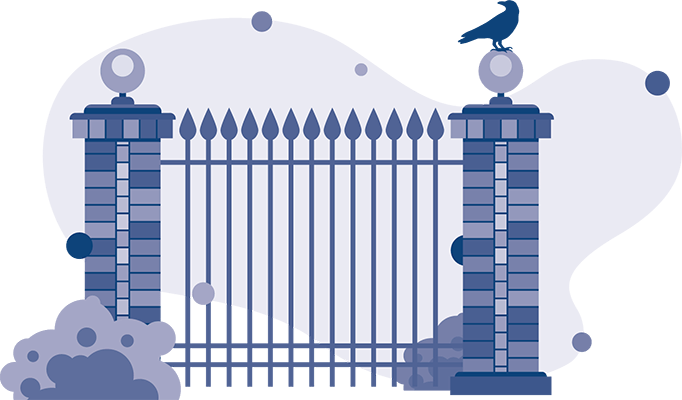Connectivity doesn’t need to cost us our self determination.”
Why AnoniCloud?
From the early '90s, when Internet was open to everyone, the net and our life substantially changed: Now almost everything is digital and every bit of digital data – pictures, textes and sounds – are used to create our personal profile: Our essence that define us as person.
We strongly believe that everyone has the right of it’s own digital privacy: AnoniCloud is the solution!


What we mean as Security
AnoniCloud is the secure storage solution that lets you stay fully anonymous and that store your data in a private way, under strong quantum computer resistant encryption.
All your data are encrypted before leaving your device and stored on our servers located in Switzerland. Only you can decrypt your data. Our app can generate confidential content by itself, providing document scanning feature or a camera to take your private pictures or movies: The generated content is directly sent to AnoniCloud then is removed from device after a successful upload.
The final magic: This security is transparent to the user!
We take care of state-of-art encryption algorithms and other technical stuffs: The user experience is the same of a standard cloud!
Your world will be private again,
but we need your support!
Privacy, security and quality are not free!
We will to say thank you to all our users that daily uses our app and help us to make it even better!
Join us and help us to make your digital world private again!
We are built over five strong pillars
Anonymity, Inviolability, Integrity, Independency, Fair business model: These are the pillars AnoniCloud is built on.
This goes beyond a code of conduct: It’s a commitment to our users and supporters who entrust us with their digital life.
Latest news
Latest news from our blog
Data Sovereignty: A New 2030 Agenda
Best practices are no longer enough: the U.S. is cutting cybersecurity funding, while Europe pushes for digital sovereignty. Now is the time to choose wisely where and how your data is stored.
| Read more... | Thursday, April 3, 2025 |
Our firm condemnation of Pavel Durov’s arrest and the censorship of X imposed by the Brazilian government.
| Read more... | Sunday, September 1, 2024 |
We delete images from our iPhones and are convinced they are gone forever; but every now and then… they come back! (Plus: A Gothic tale)
| Read more... | Friday, May 17, 2024 |
AnoniCloud and Innopark together
AnoniCloud is excited to announce its partnership with the Swiss Innopark programme, an initiative that supports high-calibre professionals in their career transition.
| Read more... | Wednesday, May 15, 2024 |
When artificial intelligence scrutinizes us even when we eat, trying to guess what we feel when we watch a commercial. The last bulwark of our being human is also violated: our inner life.
| Read more... | Friday, July 21, 2023 |






